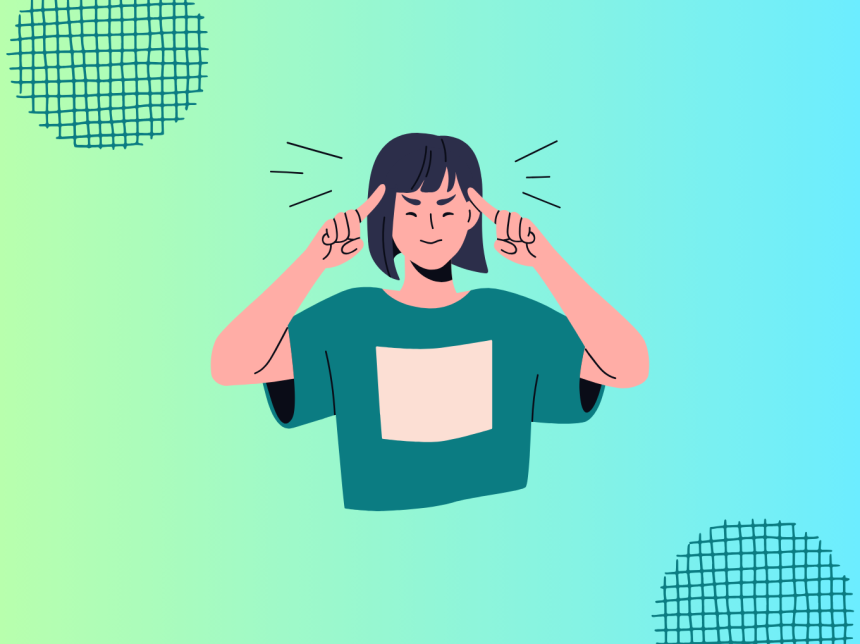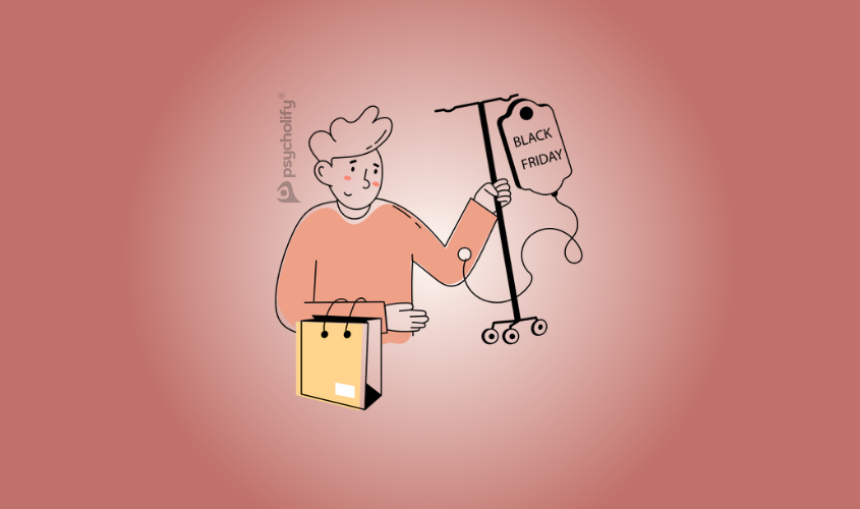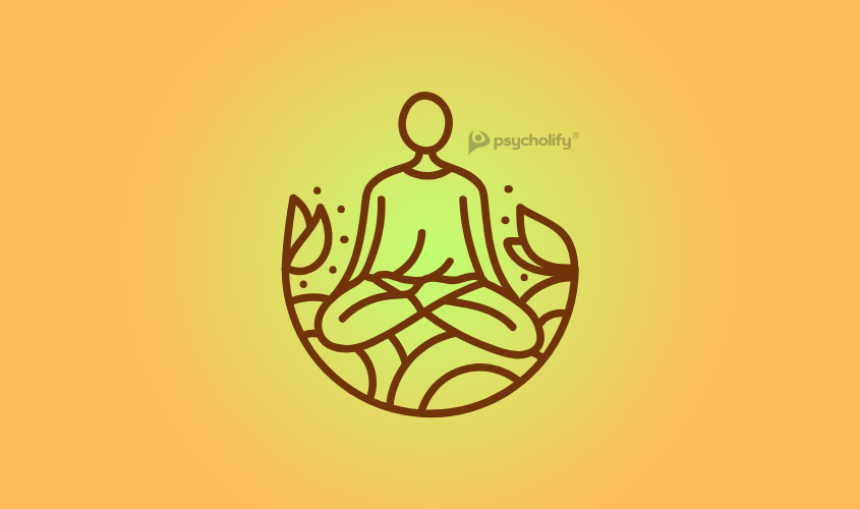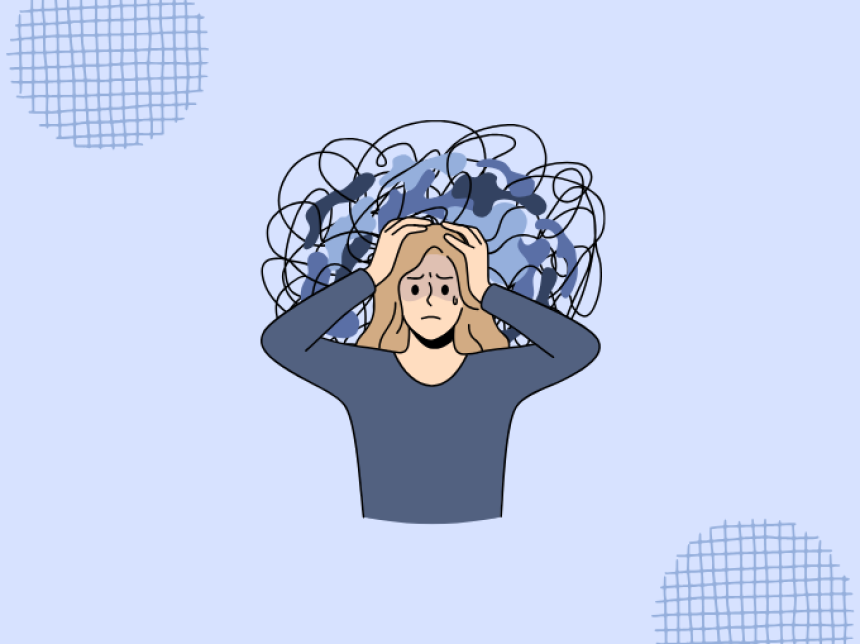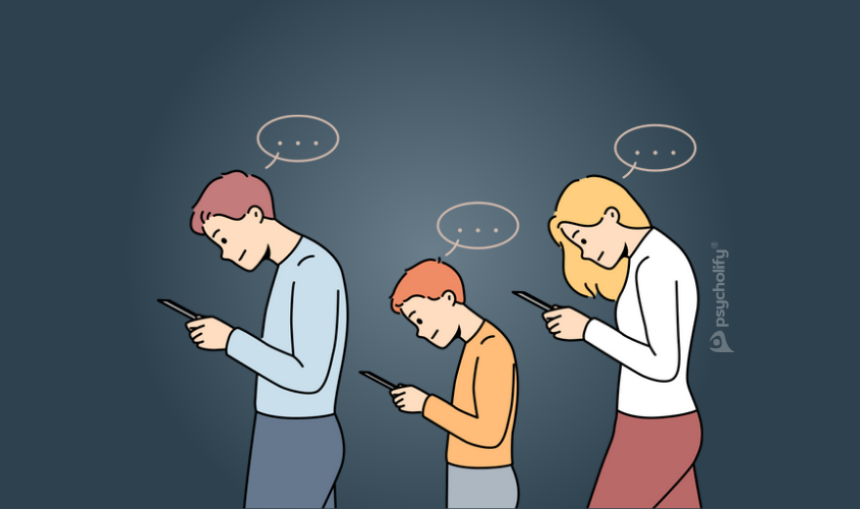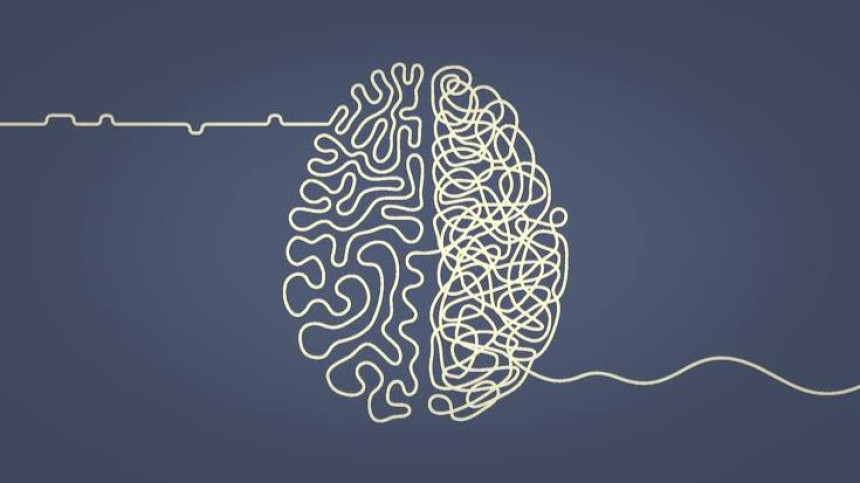
CONSCIOUSNESS AND MENTAL LIFE
An overview of consciousness and mental life, focusing on the interaction between conscious and unconscious processes, self-awareness, and the role of cognition in human experience.
Consciousness is a complex and multidimensional phenomenon at the center of human experience. People consciously experience what is happening around them, their own thoughts, emotions, and bodily sensations. All of these experiences are part of conscious mental life. Consciousness is not merely the sum of thoughts and perceptions; it also involves how these thoughts and perceptions are experienced and interpreted. Understanding the nature of consciousness is critically important for understanding how the human mind works.
Consciousness provides a platform that enables individuals to interact with their environment and inner world. Thanks to consciousness, people can solve complex problems, generate creative ideas, and establish social relationships. Consciousness also allows individuals to recognize their own existence and develop a sense of self. This awareness plays a significant role in helping individuals determine their goals and values in life.
Mental life is a combination of conscious and unconscious processes. Conscious processes include thoughts, emotions, and perceptions of which the individual is aware. For example, while reading this text, you are consciously perceiving the words and sentences. However, unconscious processes are also at work. These are mental activities that you are not consciously aware of but that influence your behavior and thoughts. For instance, learned habits, memories, and automatic behaviors are examples of unconscious processes.
These two aspects of mental life constantly interact. Conscious awareness can provide access to and control over unconscious processes. For example, meditation and mindfulness techniques can enhance individuals’ conscious awareness and help them manage unconscious reactions such as stress and anxiety. These techniques contribute to maintaining mental health and improving quality of life.
Consciousness is not just a collection of individual experiences; it is also a social phenomenon. Through consciousness, people can form meaningful relationships with others. Social interactions shape individuals’ conscious awareness and mental life. For example, empathy is the ability to understand the emotional states of others and respond appropriately. Empathy is a complex mental process that requires conscious awareness and forms the basis of social relationships.
The interaction between conscious and unconscious processes increases the dynamism and complexity of mental life. This interaction enables individuals to adapt to environmental changes and adjust to new situations. For instance, when learning a new language, a person initially learns words and grammar rules consciously. Over time, this knowledge becomes part of unconscious processes, and the person begins to use the language automatically.
Another important aspect of mental life is cognitive processes. Thinking, problem-solving, decision-making, and learning are cognitive processes that operate as a combination of conscious and unconscious processes. These processes allow individuals to acquire, process, and use information. Cognitive processes help individuals make sense of the world around them and act effectively within it.
Consciousness and mental life are complex and multidimensional phenomena at the center of human experience. Consciousness enables individuals to interact with both their environment and their inner world. The interaction of conscious and unconscious processes increases the dynamism and complexity of mental life.

